First orders: three sweet drinks and bartender tips
Must-try drinks, trending cocktails and behind the bar advice
“Venues that ignore the alcohol-free cocktail market risk becoming irrelevant.”
Pioneering Camille Vidal bristles at the mention of the word “mocktail” and its image of sickly-sweet juices and syrups.
Instead her sophisticated low and no alcohol cocktails draw on subtle flavour combinations and ingredients to make the taste buds dance.
The globally recognised bartender and drinks expert launched La Maison Wellness to inspire customers to try a glass of mindfulness… because tasty doesn’t have to be boozy.
With 74% of us now moderating our alcohol intake, Camille says bars and restaurants should act now or “risk missing a huge opportunity”.
For more non-alcoholic cocktail recipes head to La Maison Wellness.
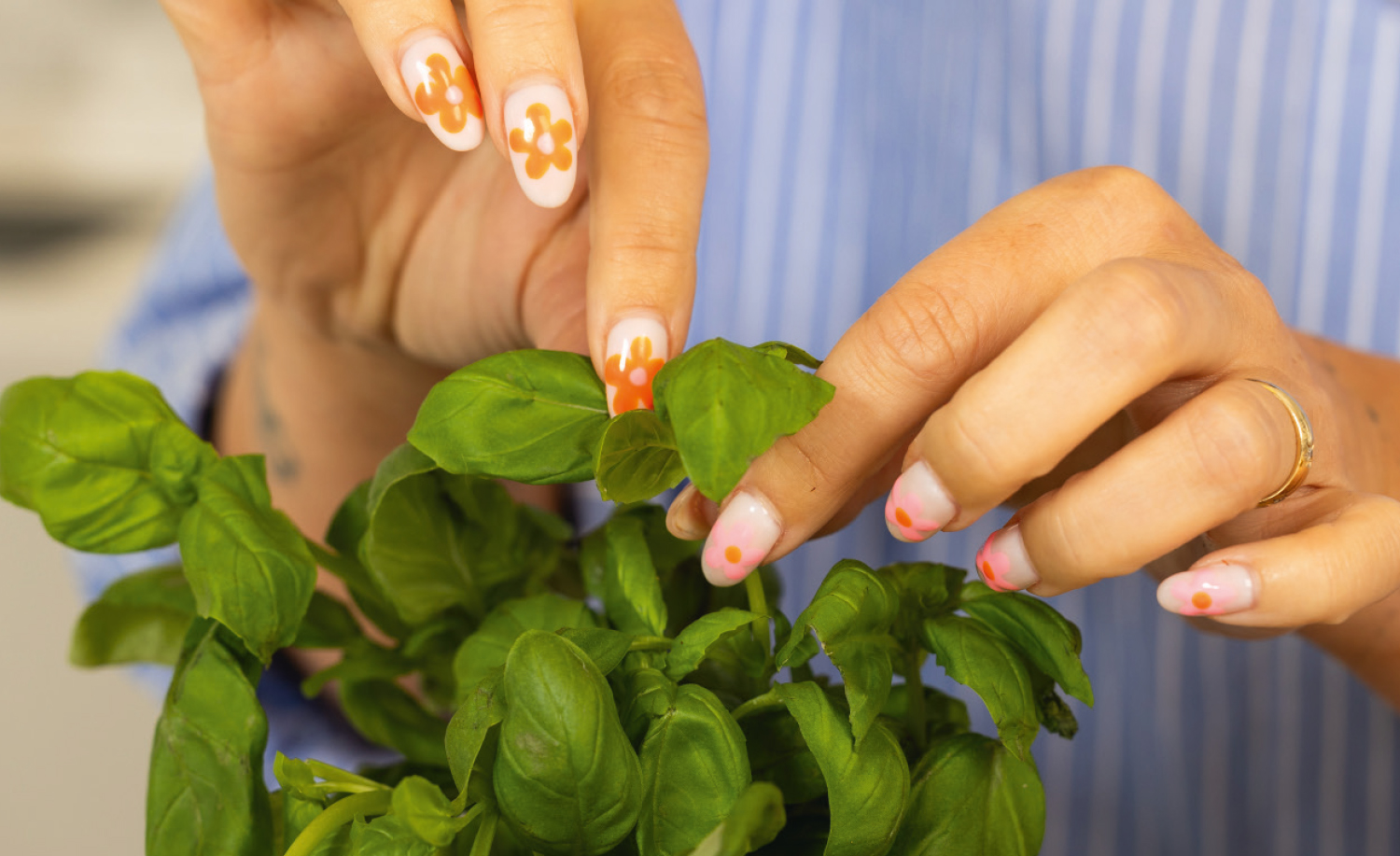
“Removing or reducing alcohol by using better ingredients while focusing on flavour and experience is for people who want to drink well and live well.”
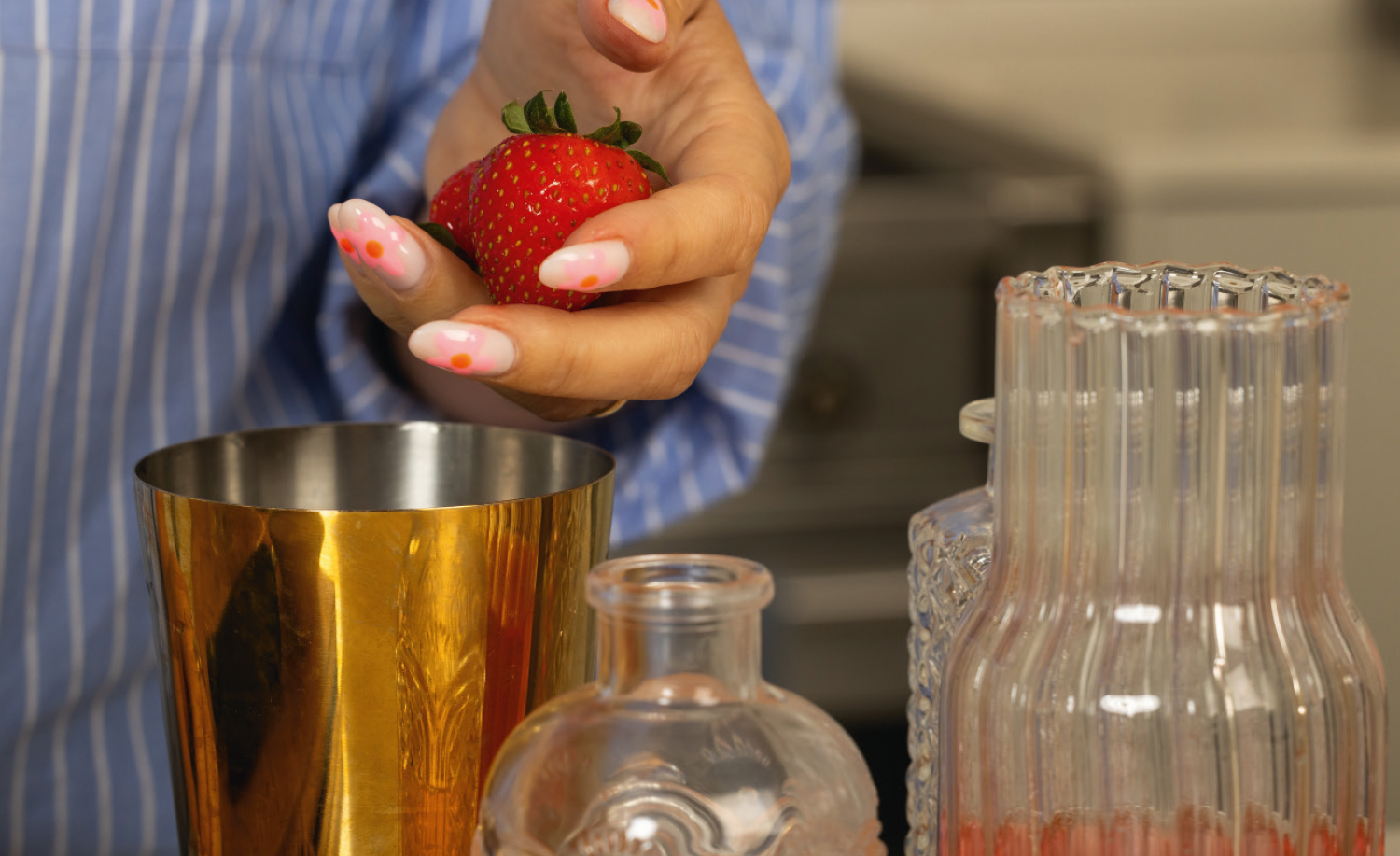
Drinking used to be a social event for friends to get together whatever the day of the week. Now, there’s a global shift with more people thinking about their alcohol consumption and wanting to ‘drink better’.
That’s why venues need to rethink their drink to encourage guests to discover a new way. Mindful Cocktails are a simple way to achieve that and help fill an £800 million gap left by not upselling from tap water (KAM Insight).
For so long ‘mocktails’ were a sugary blend of juices. By using the term ‘non-alcoholic cocktails’, we can be more inclusive and shake off old ideas of these drinks.
I’ve been making cocktails around the world for 20 years. I love the art and the beauty of it and the ability to put sunshine in a glass with
a spritz cocktail from France or aperitivo
from Italy.
The aim of mindful drinking is to celebrate life by appreciating good things and better balance. Venues that show it’s possible to become a healthy hedonist and have great drinks without the hangover will thrive.
Many guests under the age of 55 are looking to moderate their drinking. So it’s vital that the industry recognises that, and changes.
Lockdown changed our attitude to alcohol. Customers are now ‘zebra striping’ where they alternate between alcoholic and non-alcoholic drinks. Or they’re ‘bookending’ (start and end the night with a low or no alcohol drink).
We’re seeing a surge in demand for and production of high quality low or no alcohol alternatives. It’s not about becoming sober or removing alcohol. It’s about moderation and helping people become mindful drinkers.
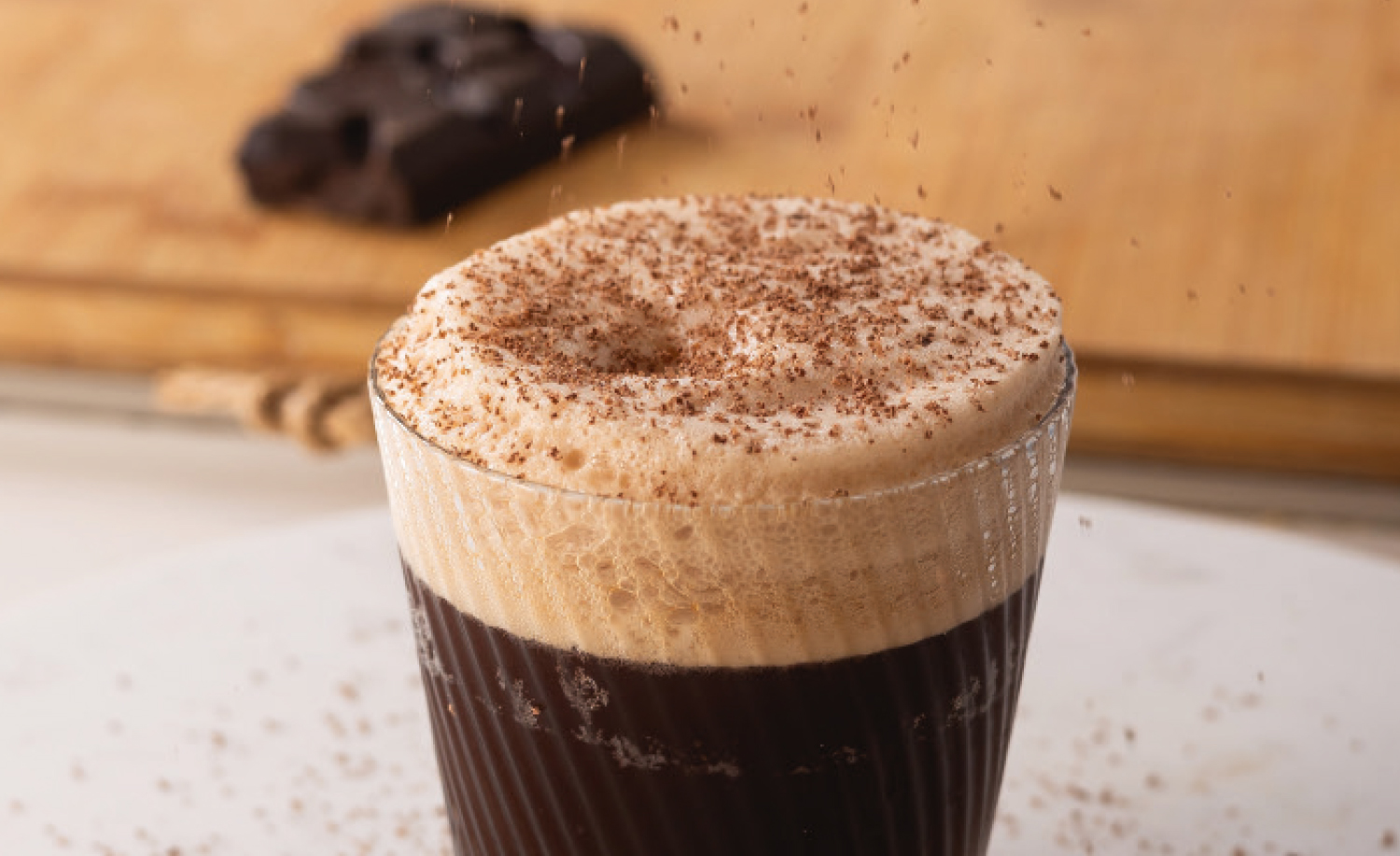
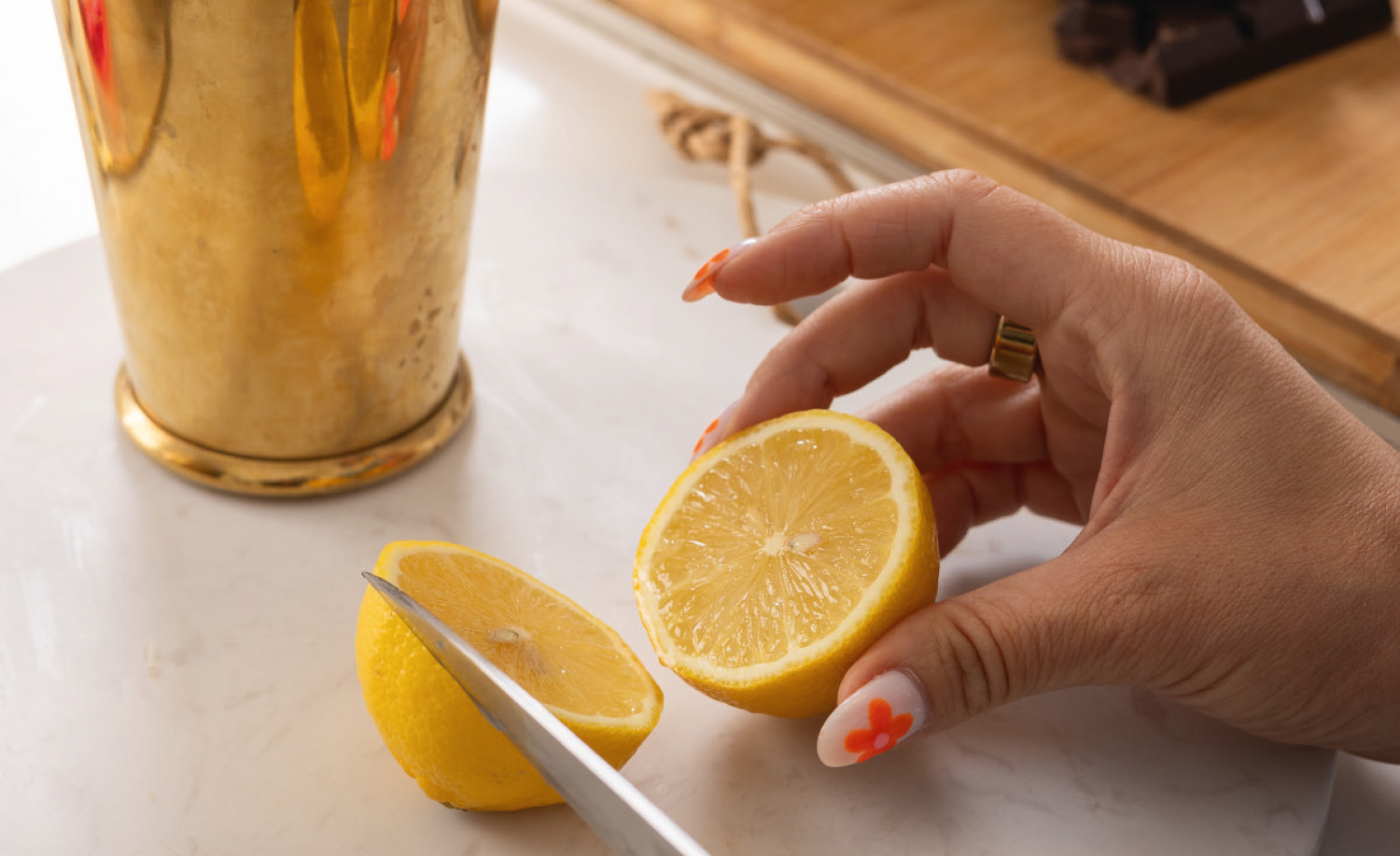
We should stop thinking about alcohol-free cocktails as low-or-no versions of the boozy serves. They should standalone as delicious drinks. Cocktails without alcohol should be sophisticated and talked about the way we discuss a fine wine, because the best ones are the result of a lot of elevated technology that goes into making them taste so good.
Dealcoholised ingredients, strong and complex flavours, herbs and even adaptogens – plants and mushrooms that help your body respond to stress, anxiety, fatigue and wellbeing – are all part of a good alcohol-free mixologist’s toolkit.
We’re seeing a big rise in functional spirits – non-alcoholic tequila, rum and vodka alternatives crafted to give customers that ‘two drinks in’ feeling.
There are even mood-enhancing pale ales with probiotics, vitamins and botanicals. Putting these options on your bar isn’t just more inclusive for mindful drinkers, it makes your venue stand out from the crowd.
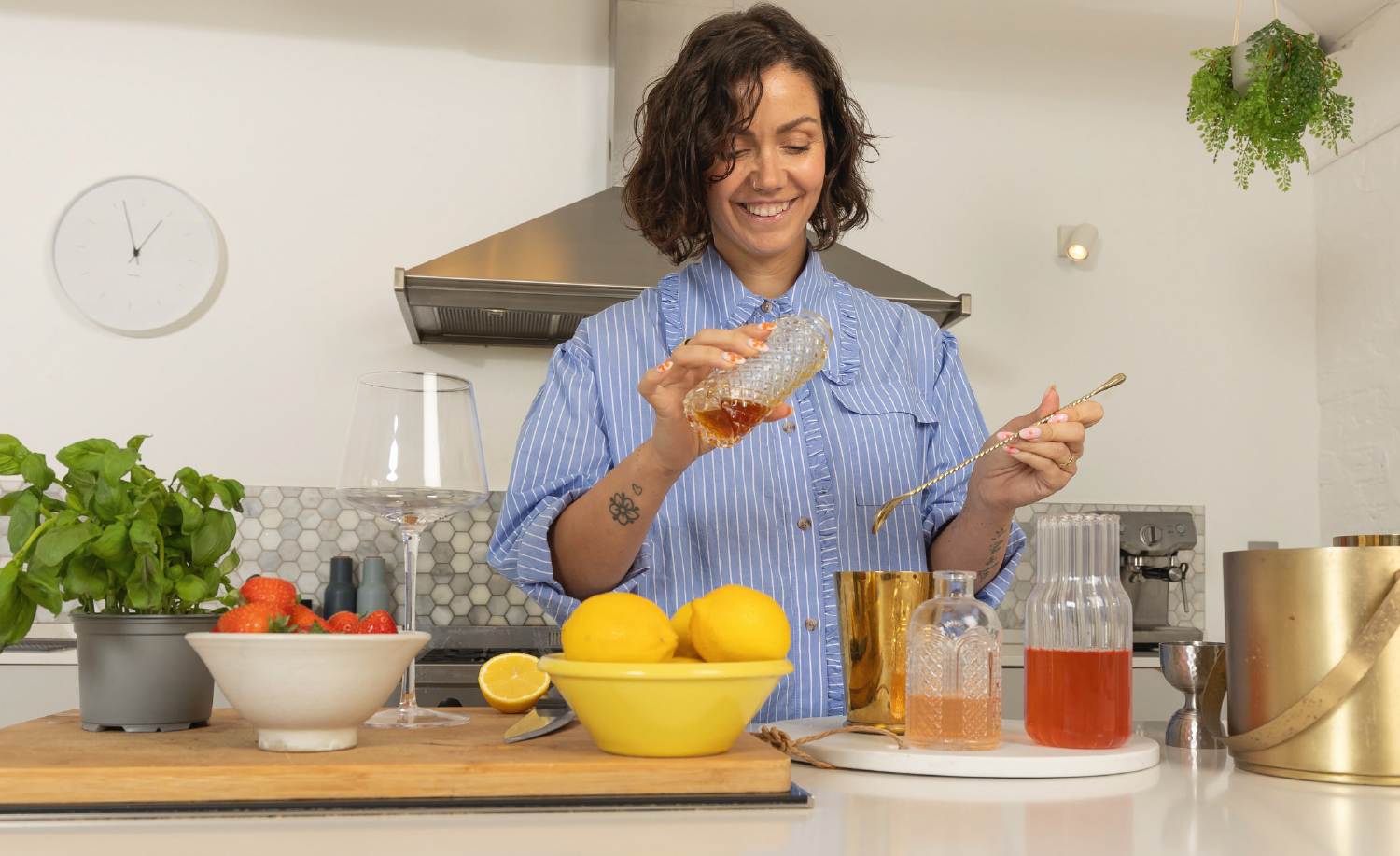
Lots of work goes into creating spirits that make the base for a great low or no alcohol cocktail, so why sell it cheaper than a regular one? Okay perhaps a pound, but a lower price immediately devalues the sophistication, research and aesthetic look and mouthfeel of the product.
Offering a small range of quality drinks encourages people to try them and educate themselves about the benefits, so in time they love them so much they don’t drink alcohol at all… or at least moderate it.
That £800m opportunity should be front of mind for bars and restaurants when it comes to incorporating and emphasising a new kind of drinking. I’d love to see everyone at the same table drinking something beautiful, bursting with flavour and with fewer bad ingredients.
I’m all for moderation though so if that means using vermouth in a session cocktail, reducing volume from 50ml to 25ml or using a lighter, more refreshing tonic water, that all lessens the impact on our bodies.
Lockdown changed our attitude to alcohol. Customers are now ‘zebra striping’ where they alternate between alcoholic and non-alcoholic drinks. Or they’re ‘bookending’ (start and end the night with a low or no alcohol drink).
We’re seeing a surge in demand for and production of high quality low or no alcohol alternatives. It’s not about becoming sober or removing alcohol. It’s about moderation and helping people become mindful drinkers.
This isn’t a trend or a fad. It’s a lifestyle shift that means people don’t have to stop going out with friends in the week to avoid having alcohol because there are now great alternatives with the ‘kick’ that people want.
Non-alcoholic beers used to be few and far between, but now we’re seeing fantastic punchy 0% or 1.2% lagers, IPAs and even stouts. The same is true of session cocktails with big and bold flavours, meaning customers can socialise and eat with friends for longer.
It’s harder to make a good non-alcoholic cocktail than an alcoholic one, so train your team to understand the flavours and detail that goes into creating a sophisticated menu and encourage them to ask customers if they’d like an alcoholic or non-alcoholic option. Always remember to run tasting sessions for the bar team so they can excite guests and upsell.
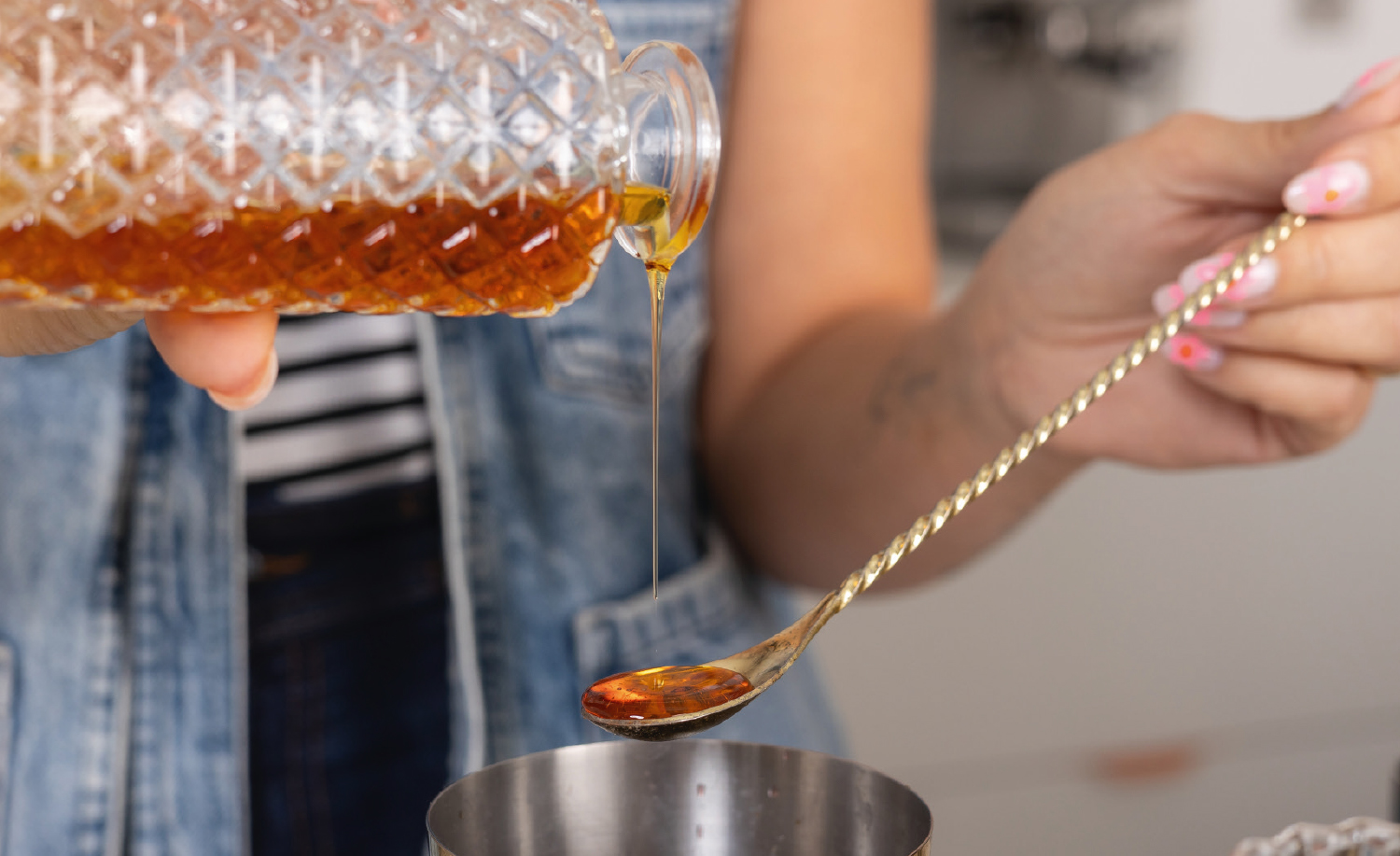
Product quality, price and placement are critical so let customers know about your inclusive menu. Use social media, website and boards to drive sales, with knowledgeable explanations of the science behind each drink.
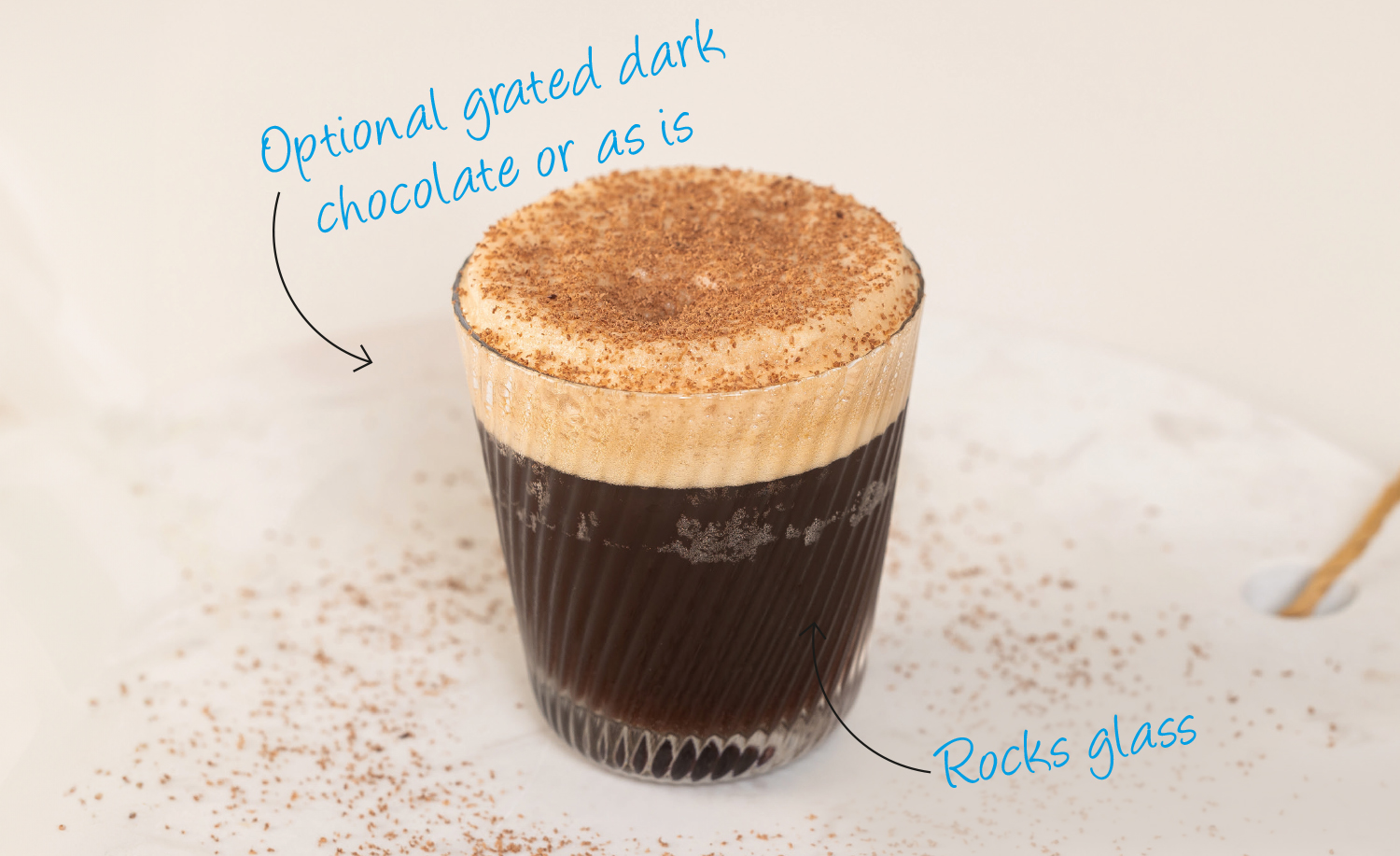
* anything 0.5% or less is considered non alcoholic and contains the same alcohol traces as a banana
For the recipe click here.
* anything 0.5% or less is considered non alcoholic and contains the same alcohol traces as a banana
For the recipe click here.
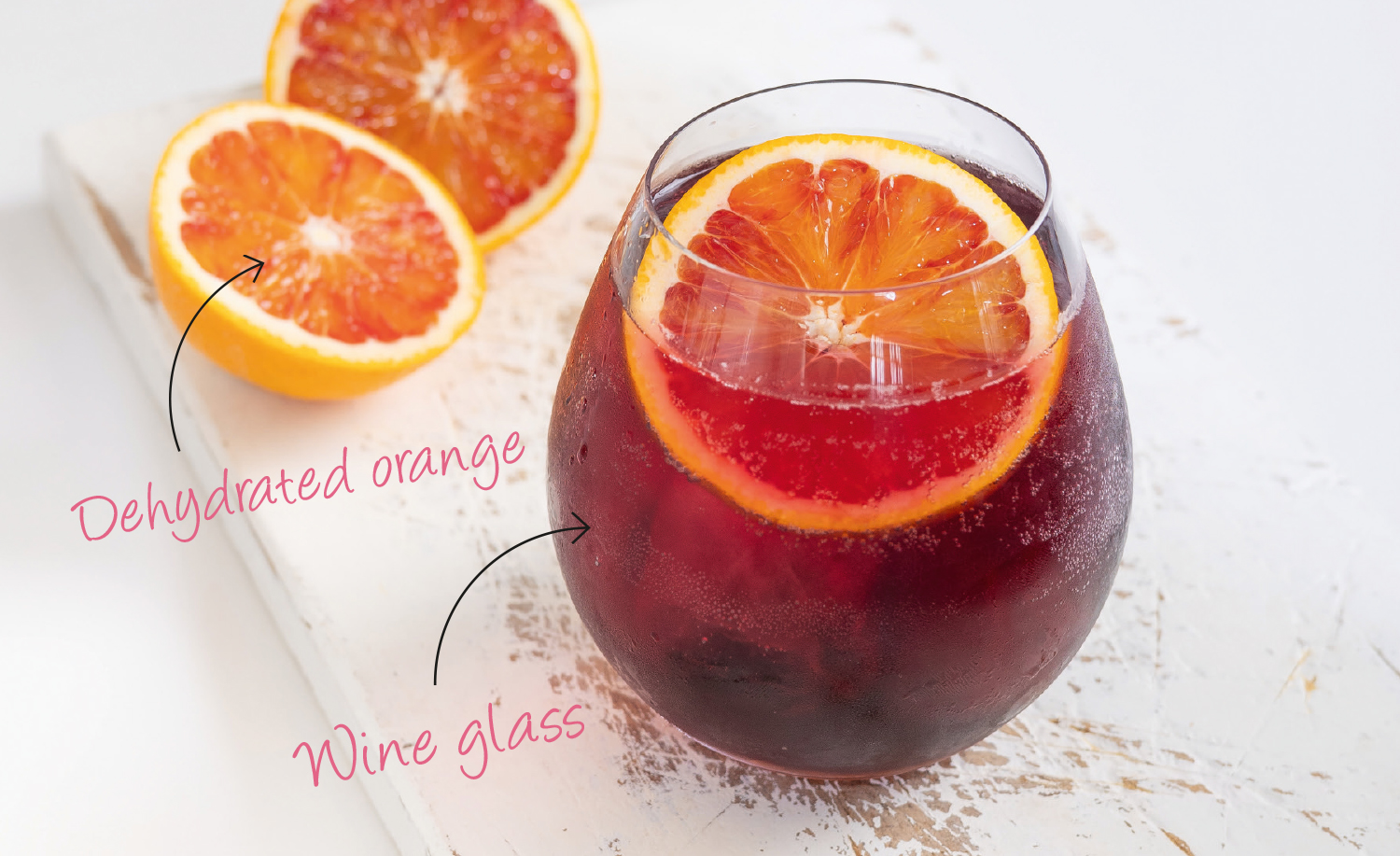
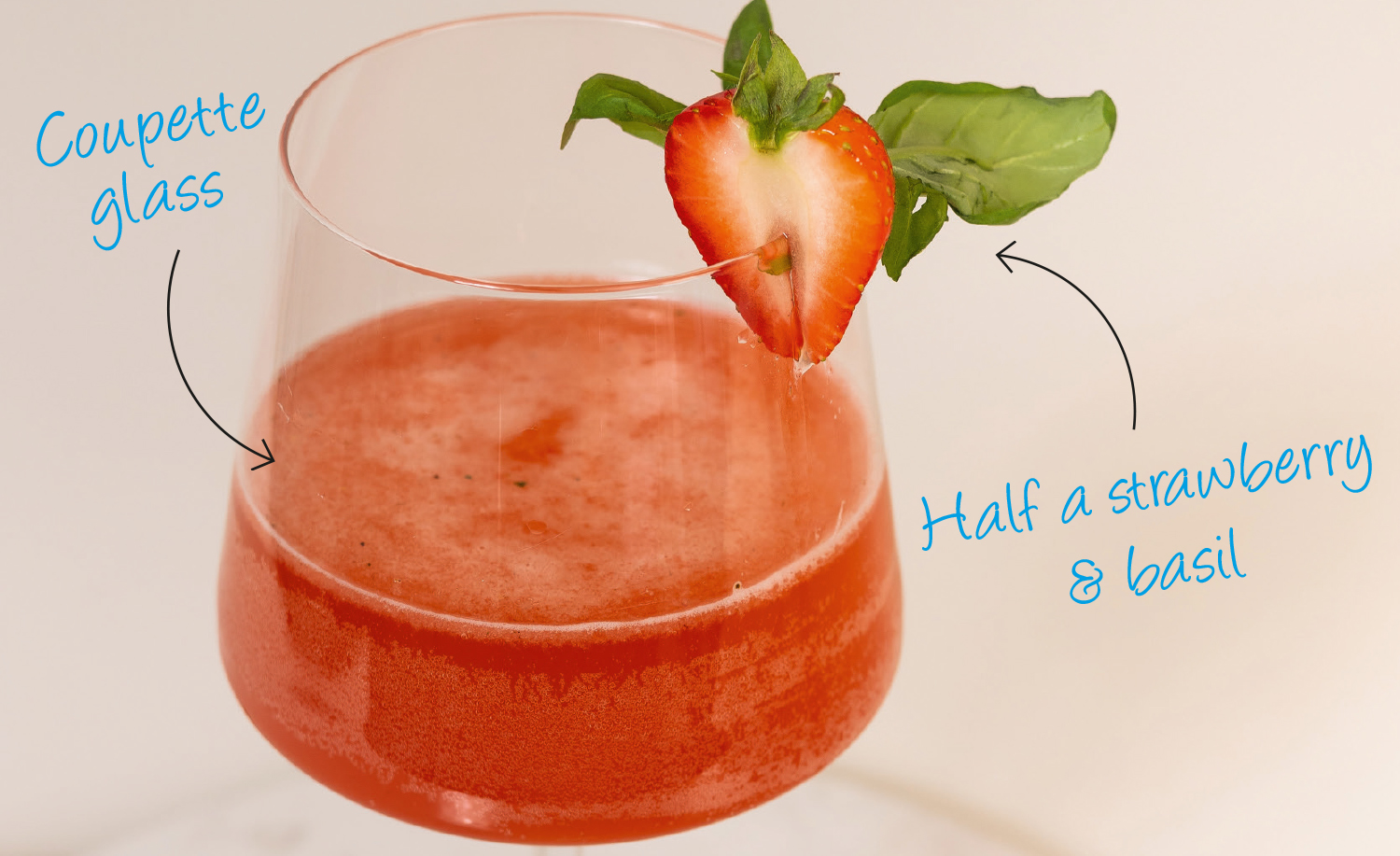
Treat yourself to some cocktail love any time of year with a fruity and herbaceous blend of pink gin, strawberry and basil
For the recipe click here.
Sign in to save topics you love, and build your archive of events, menus and articles.